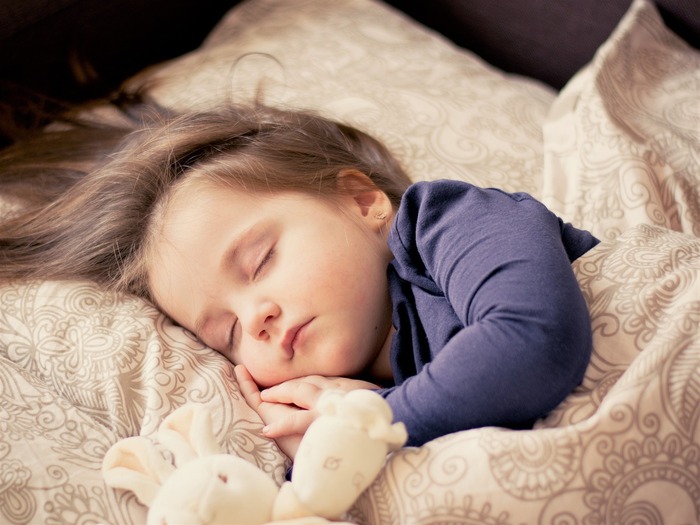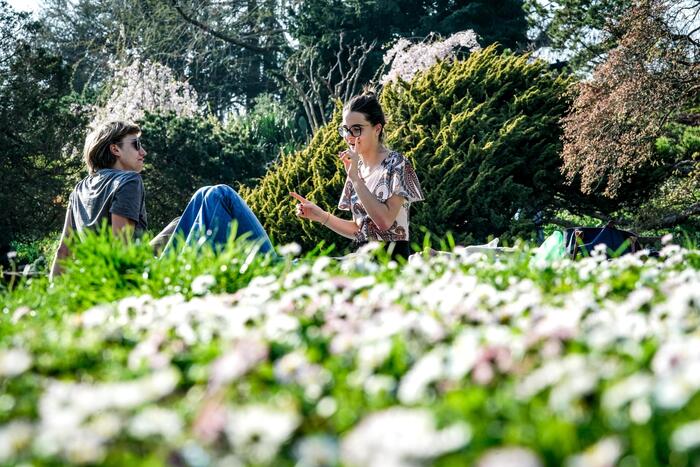Human beings don't hibernate, but in winter something similar still happens: we sleep more, especially in the REM phase, the one in which we dream, and therefore we need more hours of rest.
The confirmation comes from a study published in the journal Frontiers in Neuroscience and led by the Charité Medical University of Berlin, which involved 188 people with problems related to sleep quality.
According to the researchers, work and school schedules could be adapted according to the season, thus allowing you to wake up later in the winter months, or you should get used to going to sleep a little earlier during the colder season.
The study participants live in an urban environment, therefore with little exposure to natural light and high light pollution, factors that should alter behaviors related to seasonality and the amount of light.
Yet, researchers led by Aileen Seidler have found surprising changes in the transition from summer to winter: the total sleep time lengthens by about 1 hour in the cold months, but the most significant data is that it also extends by half an hour the REM phase, which is known to be directly linked to our circadian clock, which is itself influenced by light.
The study authors caution that these findings will need to be confirmed by further research involving a larger sample size and with people without sleep-related problems, also because these seasonal changes could be even more pronounced in the healthy population.
“Seasonality is omnipresent in every living thing on this planet,” says Dieter Kunz, who coordinated the study.
“Even if we keep our habits unchanged, human physiology slows down in winter – adds Kunz – and we often experience the sensation of having run out of energy.
This is why we should learn to adapt our habits to the seasons".






/cloudfront-eu-central-1.images.arcpublishing.com/prisa/XXPHBQUBZBAVVG5ZTXF7AEBTPU.jpg)

